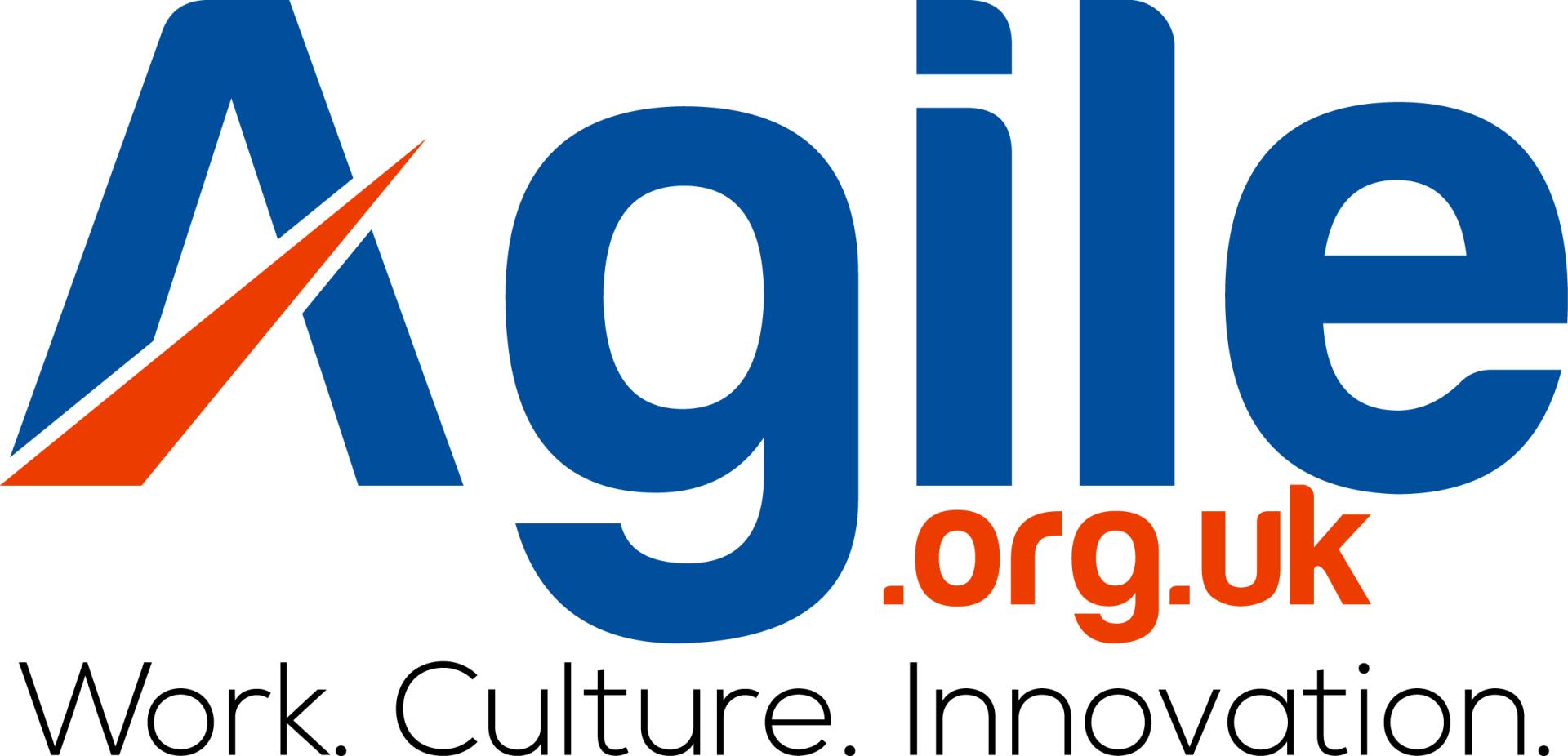If you’ve heard of agile methodologies before, then you may well have considered implementing an agile framework for your own business.
However, you might be wondering whether the agile method would work within your industry and for your business’ particular way of doing things.
Generally speaking, agile methodologies are perfect for pretty much any kind of business, but they truly shine within certain industries and existing frameworks.
If you’re wondering how to implement an agile strategy for your business, you’re in luck. Here are 10 types of business that could benefit from agile methodologies!
1. Ecommerce
Ecommerce ventures are ideal proving grounds for the agile method.
Let’s say you’re running a site that sells relaxing luxury baths. You want to make sure that your customers know the quality of the whirlpool bath options you offer. What’s the best way to do that?
Well, you’ve likely got high-quality copywriters and design professionals working behind the scenes to make your spa and bath ecommerce site the best it can be, and you can implement the agile framework to help them achieve their goals.
Agile projects react to feedback and changing environments quickly, and the world of ecommerce needs to respond to quick changes on the fly, so agile methodologies are perfect for this industry.
2. Engineering
Any industry that relies heavily on innovation can benefit massively from implementing an agile framework.
The engineering industry was once considered to be a fairly staid one, with processes and methodologies pretty much set in stone.
However, the world of engineering is changing rapidly thanks to innovations in areas like 3D printing and advances in pretty much every other related area.
That’s why agile methodologies are perfect for engineering; they allow engineers to adapt to new requests on the fly and potentially even alter projects midway through if the client demands it.
3. Pharmaceuticals
You might be wondering just how agile methodologies could be implemented in the world of pharmaceuticals.
Well, the COVID-19 pandemic provides an excellent case study for how pharmaceutical industries need to react to the changing times rapidly and with flexibility.
Massive pharmaceutical companies once marched to the beat of their own drum, but as has been documented by business-oriented news platforms, the agile method is ideal for pharma companies.
We wouldn’t be surprised if we saw more major pharma outfits adopting agile in the months and years to come!
4. Marketing
Thanks to the fast-moving world of social media, adopting the agile methodology within the world of marketing feels like a complete no-brainer.
Marketing companies must always be sure to respond to customers’ whims, and what’s popular on social media – as well as what kind of marketing campaigns customers react to best – is in constant flux.
An agile framework allows marketing teams to work on their own initiative, watching the fast-changing industry closely and responding to trends as and when they occur.
5. Government
It’s become a pretty well-worn trope that governmental and civil service-related organisations move very slowly and don’t manage to achieve much.
Whether or not there’s a grain of truth in that sentiment (and we’re inclined to believe there is), agile methodologies could help governments to move faster and get more done.
Without endless bureaucracy tying down governmental organisations, employees are free to chase their own initiative rather than constantly checking in with a lengthy chain to make sure what they’re doing has been approved.
We can already see international governments becoming interested in agile implementation, and that’s only likely to accelerate as time goes on.
6. Aerospace
What better industry to adopt the principles of agile working than the world of aerospace?
Manufacturing enough aeroplanes and other ancillary products to keep up with global demand is difficult, and making sure that those products meet an ever-increasing need for green energy is also tough.
That’s where agile working comes in; it can ensure that workers can chase innovative and creative solutions to problems without being hampered by managerial interference at every turn.
It also ensures that different groups can collaborate more effectively, thus creating a more harmonious business model in which great minds can operate.
7. Charity and nonprofit organisations
There’s a misconception that agile working can only apply to for-profit organisations, but that’s not true at all.
In fact, the world of nonprofit and charity organisations can benefit greatly from implementing agile methodologies, and there’s a very simple reason for that.
These organisations often operate within a more limited budget scope than their for-profit cousins, which means that they often have less money and fewer staff members to allocate to projects.
Implementing agile methodologies means these workplaces can chase alternative solutions to problems rather than trying to act like organisations to which they bear little resemblance.
8. Finance
Handling people’s money leaves very little room for error. Making a mistake in the world of finance could mean that someone’s livelihood is destroyed.
That’s why it’s important to make sure that the methodology your finance venture uses is foolproof, and it’s also why agile frameworks are perfect for this industry.
Using agile methodologies, finance companies can quickly check in with customers regarding whether or not services and features are successful, ditching them if they don’t work and providing alternatives without fuss.
9. Real estate
How many times have you tried to buy a house or a flat, only for the real estate companies with which you’re dealing to dilly-dally and waste time?
Agile methodologies would help to minimise the risk of this happening by allowing real estate companies to move quickly and in a streamlined fashion.
No longer would companies need to constantly rely on outmoded frameworks to manage property; instead, bespoke software solutions and regular sprints would allow real estate firms to communicate both internally and externally with efficiency.
10. Event planning
Event planning is one of the key industries in which agile methodologies would arguably be most beneficial.
This is because customers will often change their minds regarding what they want from their event, and as an event planning expert, it falls to you to accommodate their requests.
Using agile methodologies, you can make sure that internal delays are kept to a minimum, thus allowing you to respond to quick changes in requirements from customers efficiently and easily.













